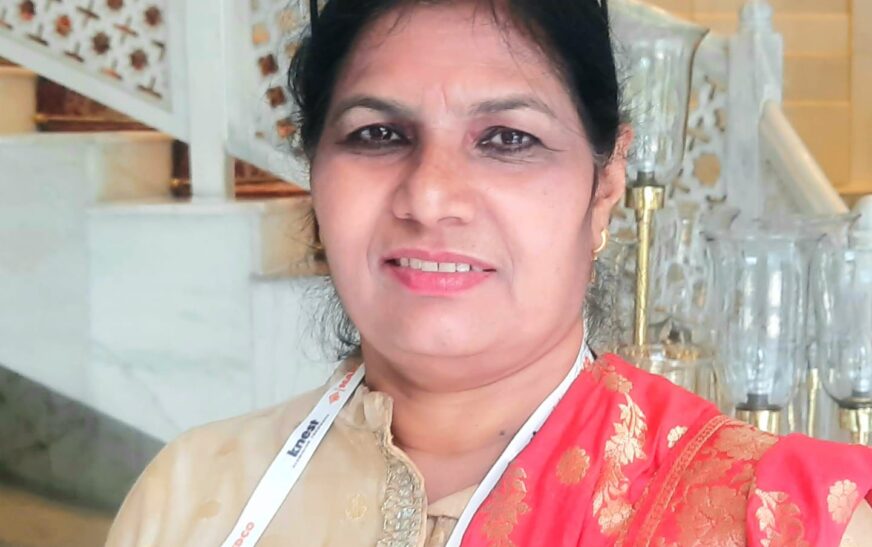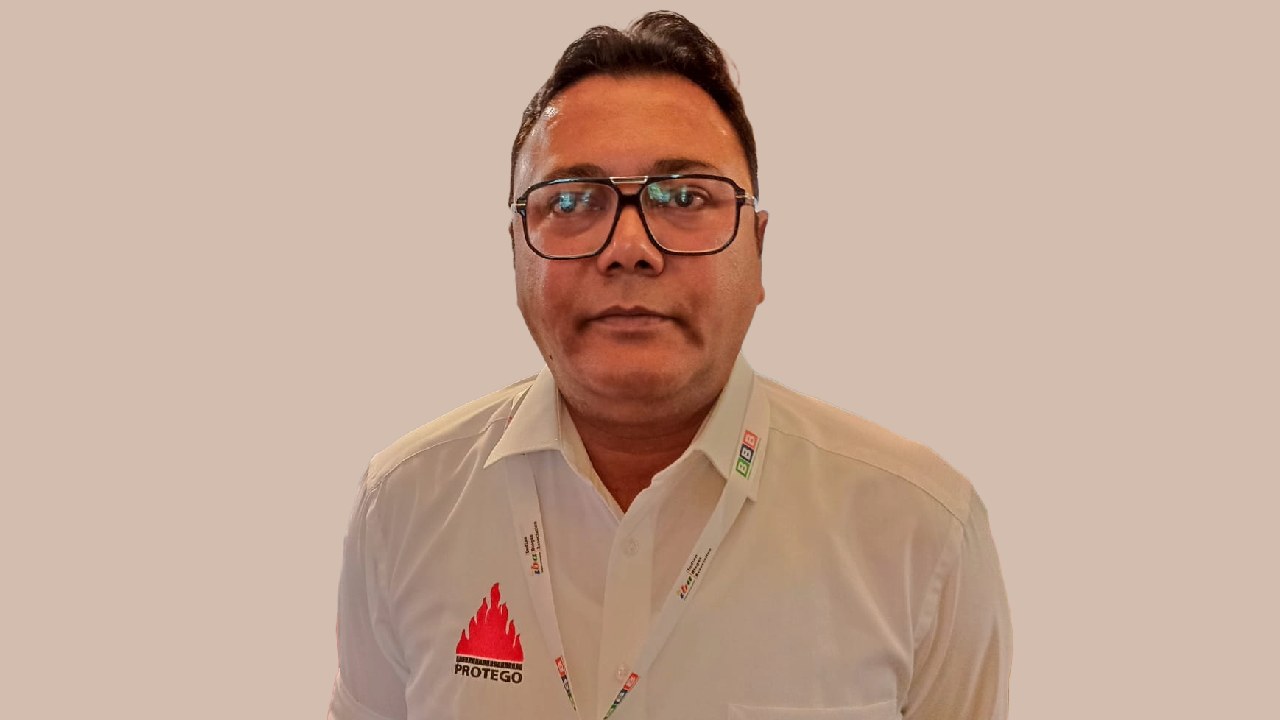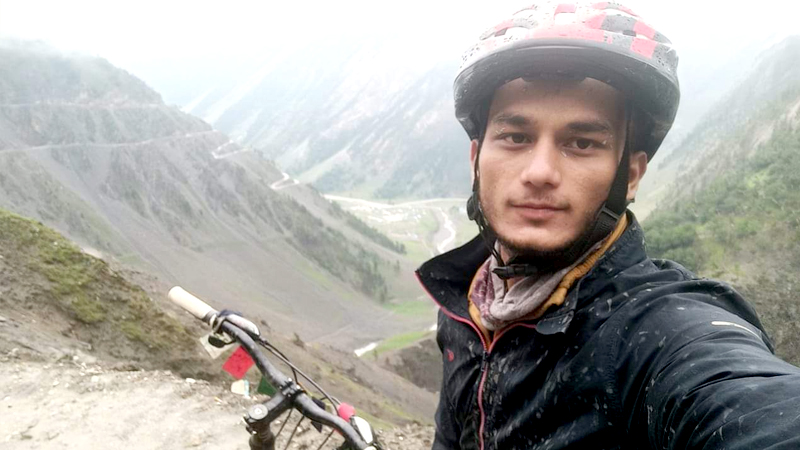Dr. Sunil Dabas stands as a luminary in the realm of Indian sports, particularly revered for her extraordinary contributions to the ancient and fiercely competitive sport of kabaddi. With a career adorned in accolades, Dr. Dabas has been instrumental in catapulting India’s kabaddi teams to global eminence. Her crowning achievement came in 2012 when she became the first woman coach to receive the prestigious Dronacharya Award, a testament to her unparalleled prowess in coaching. The nation honored her yet again in 2014 with the Padma Shri for her exceptional dedication to sports.
Fuelled by an innate passion for athletics, Dr. Dabas pursued higher education in physical education, culminating in a PhD that cemented her as a leading authority in sports training and development. Presently, she holds the esteemed position of Head of the Department of Physical Education at Dronacharya Govt. P.G. College, Gurgaon, and serves as the revered coach of the Indian Women’s Kabaddi Team. Her tenure as a coach has been punctuated by a series of historic triumphs, including multiple gold medals at both the Asian Games and World Cups for the Indian women’s kabaddi contingent.
Beyond her coaching prowess, Dr. Dabas commands respect as an esteemed academic and motivational speaker, fervently advocating for the widespread promotion of sports and physical education throughout the nation. Her dedication transcends the sporting arena, as she ardently champions gender equality and empowerment through sports, igniting a transformative impact on future generations of athletes. Dr. Sunil Dabas leaves an indelible legacy defined by excellence, tenacity, and an enduring influence on the landscape of Indian sports.
In an exclusive conversation with The Interview World, Dr. Sunil Dabas expounds on the future trajectory of women’s kabaddi in India, emphasizing the pivotal role of collaborative efforts between government and society in nurturing sporting talent. She underscores the palpable shifts in societal attitudes towards women’s participation in sports, imparting invaluable insights gleaned from her distinguished career.
Q: How do you envision the future of women’s Kabaddi in India, given the challenges and triumphs you have experienced throughout your journey?
A: Kabaddi, the quintessential Indian sport, showcases the exceptional prowess of our female athletes on the global stage. Despite the setback in 2014 when we relinquished the World Cup, we have triumphantly reclaimed our rightful place. Regrettably, my absence during that pivotal event was unavoidable. As we look to the future, our resolute focus remains on refining our game. The international arena is fiercely competitive, with every nation vying for supremacy. Yet, through unwavering dedication and unparalleled skill, our women continue to elevate our stature, steadfast in their quest for excellence.
Q: What are the differences between the sport of women’s Kabaddi and the broader category of women’s sportspersons in various sports?
A: In bygone eras, women’s sporting interests were severely limited, with many disciplines exclusively earmarked for men. Prevailing sentiments dictated that women should abstain from sports, rooted in unsubstantiated fears about its impact on their health and fertility. This erroneous belief system posited sports as a domain of male power. Nevertheless, scientific inquiry has effectively dispelled these misconceptions. Today, women assert themselves across the entire spectrum of athletic endeavors, excelling notably in traditionally male-dominated arenas like Kabaddi, wrestling, weightlifting, and bodybuilding. This paradigm shift not only underscores women’s remarkable adaptability and prowess but also signifies significant strides toward gender parity within the realm of sports.
Q: How does the cooperation between society and the government function, and what are its impacts on public policy and community development?
A: In the hinterlands, persistent struggles endure, especially for women who must exert greater efforts to transcend them. The government’s introduction of transformative endeavors like Khelo India aims to galvanize grassroots sports, fortifying India’s athletic infrastructure and positioning it as a formidable sporting nation on the global stage.
Simultaneously, initiatives such as youth and university games are nurturing young aspirants, instilling ambitious dreams from an early age. Propelled by robust governmental schemes, India’s ascent to the Olympic dais is an undeniable inevitability, steadfastly believed by many.
Looking forward, the burgeoning certainty of women assuming pivotal roles in shaping the nation’s trajectory looms large.
Q: What visible changes in society today reflect the increased participation of women in sports?
A: Allow me to narrate through personal vignettes. When I embarked on my Kabaddi journey, my mother helmed the village women’s team, triumphing despite prohibitions on tracksuit attire, which we concealed under traditional sarees to evade censure.
In 2010, our triumph in the Asian Games sparked a remarkable reversal. The same villagers who once frowned upon tracksuits greeted us at the airport, adorned in them alongside a throng of 300-400 others. The transformation was profound.
Today, a more profound metamorphosis is evident. Those erstwhile detractors now enthusiastically endorse their daughters’ Kabaddi endeavors, even in shorts. Their ideological evolution is palpable, fostering a burgeoning enthusiasm for training girls in sports.
This paradigm shift is nothing short of monumental, wouldn’t you concur?








